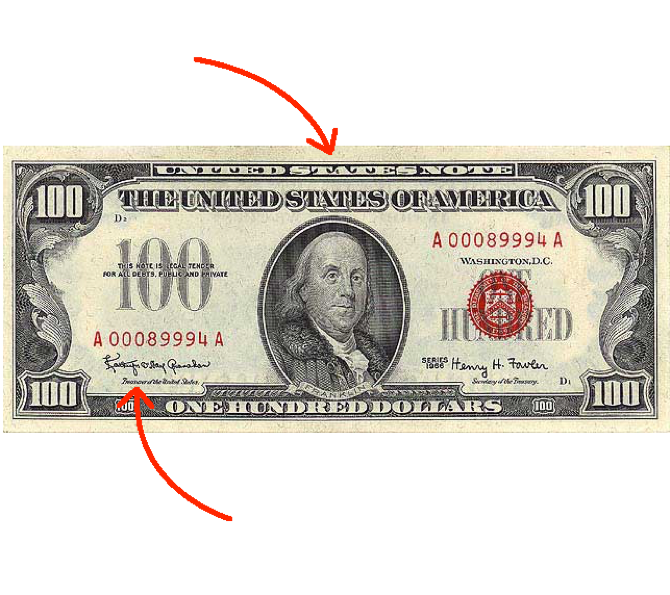Not long ago, one of us was having lunch with someone who manages a multibillion-dollar fund when the subject turned to the prospect of a second Trump term.
This person was disturbed by many of Donald Trump’s actions and concerned about what the November presidential election could mean. But when it came to one issue — the economy — he was untroubled. “We didn’t do so badly last time,” he said. “There are some things I don’t agree with, but I don’t think it will matter that much.”
We fear this is an increasingly common view. We’ve spoken to many leaders in business and finance who, when it comes to economic policy, are open to the premise that Mr. Trump is a normal presidential candidate.
We strongly disagree. The two of us have been involved in business, government and policy for many years — more than a century of experience between us. We’ve worked with elected officials and business leaders across the ideological spectrum. And we believe a straightforward assessment of Mr. Trump’s economic policy agenda — based on his public statements and on-the-record interviews, such as the one he recently conducted with Time magazine — leads to a clear conclusion.
When it comes to economic policy, Mr. Trump is not a remotely normal candidate. A second Trump term would pose enormous risks to our economy.
At a time when our country was already on an increasingly risky debt trajectory, President Trump’s first-term tax initiatives added an estimated $3.9 trillion to the national debt, according to Brian Riedl of the Manhattan Institute. Mainstream analyses concluded that the result — increasing demand in an already full employment economy while having a negligible effect on business investment — added very little benefit in the shorter term and virtually nothing in the longer term.
Thank you for your patience while we verify access. If you are in Reader mode please exit and log into your Times account, or subscribe for all of The Times.
Thank you for your patience while we verify access.
Already a subscriber? Log in.
Want all of The Times? Subscribe.

